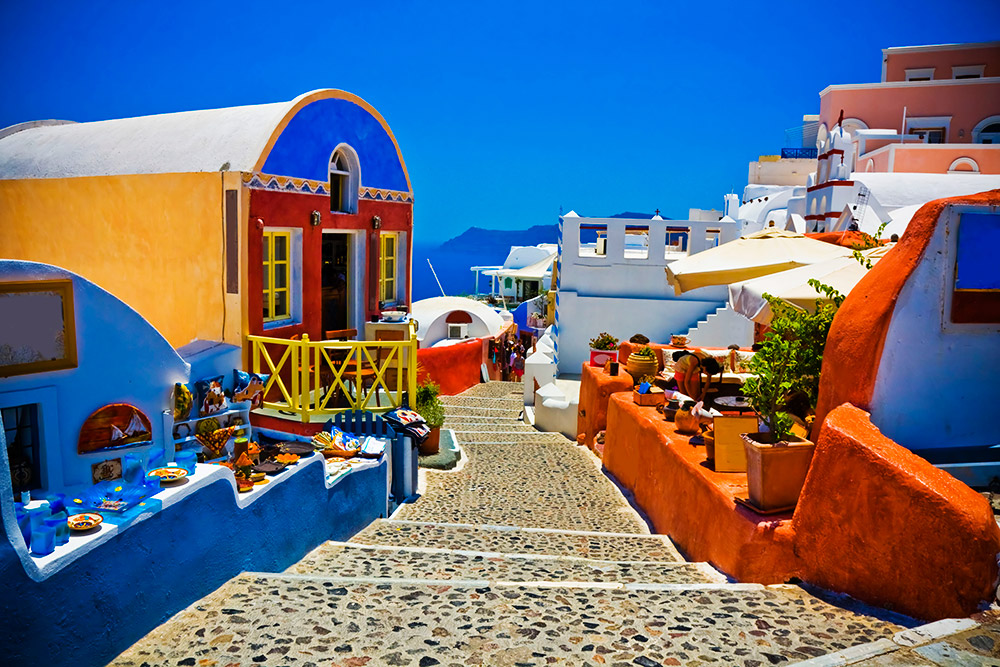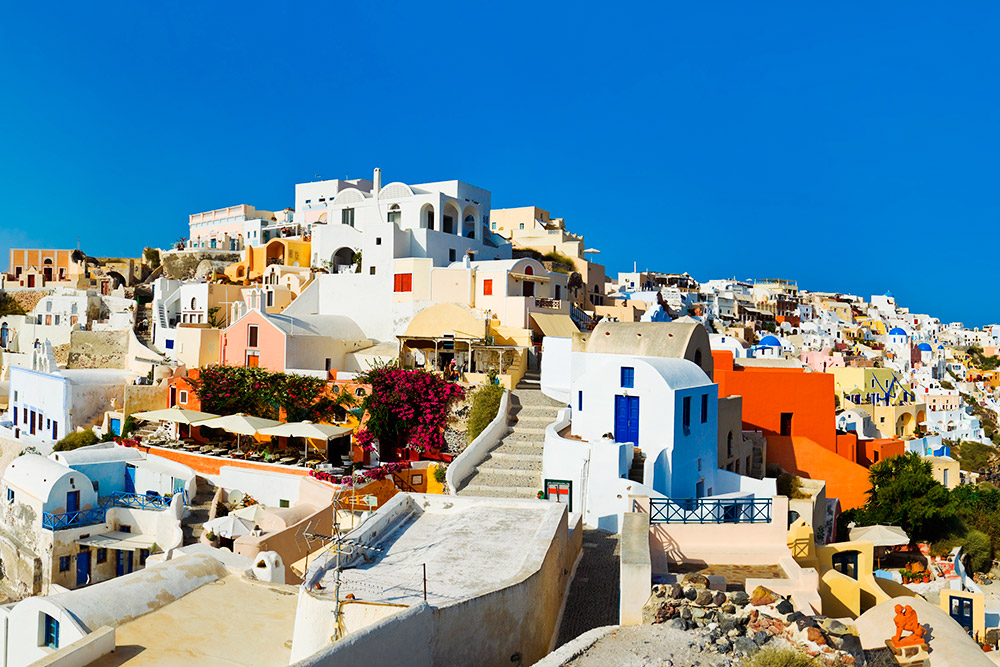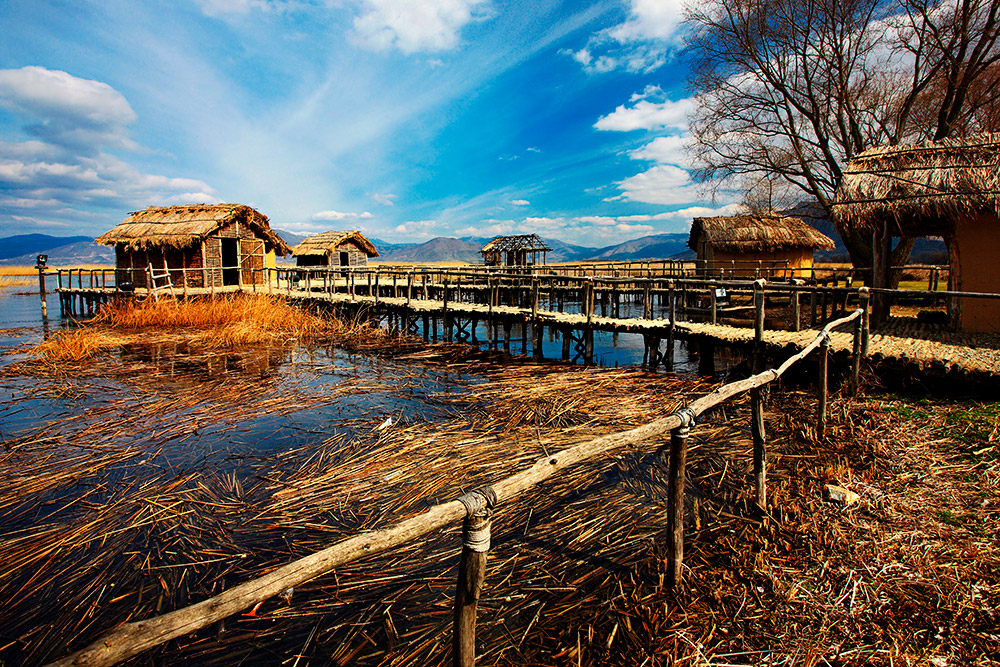
Why Greece
Greece is a truly unique location. Despite its small size, the country enjoys a particularly pure and diverse natural environment that offers everything from scenic island getaways to cozy mountain retreats. The country’s stunning topography provides the backdrop for an unequalled array of recreational opportunities. This, combined with a spirited lifestyle that blends the Mediterranean’s ancient and modern culture, makes Greece a simply extraordinary place to be-and a wonderful place to call home.

Gastronomy
The Mediterranean diet is a global brand that needs no introduction. There is nowhere on earth better suited for healthy, wholesome eating than Greece. Greece offers a bountiful array of raw ingredients and traditional products that will satisfy every foodie, and thrill every cook (a trip to a Greek farmers market is a joy for the senses).
It doesn’t matter if you’re eating at a neighborhood “tavern”, a traditional “ouzo bar”, or in a Michelin-starred restaurant. From the freshest seafood to aromatic ground coffee, specialty olive oils to artisan cheeses, tempting patisseries to sumptuous yoghurts, eating and drinking well is not only one of the pleasures of living in Greece, it is also a pre-requisite. And, of course, whether they are harvested from the volcanic slopes of Santorini or the rich soils of Nemea in Peloponnese, Greece’s globally celebrated wines are just one more gastronomic perk of the Hellenic life.

Weather
The climate in Greece can overall be described as pleasant and is predominantly Mediterranean. However, due to the country’s unique geography, Greece has a remarkable range of micro-climates and local variations. To the west of the Pindus mountain range, the climate is generally wet. The east of the Pindus mountain range is generally drier and windier in summer. The highest peak is Mount Olympus at 9,570 feet (2,916.9 m) tall. The north areas of Greece have a transitional climate between the continental and the Mediterranean climate. There are mountainous areas that have an alpine climate.
The climate of Greece can be divided into the following Mediterranean climate subtypes:



